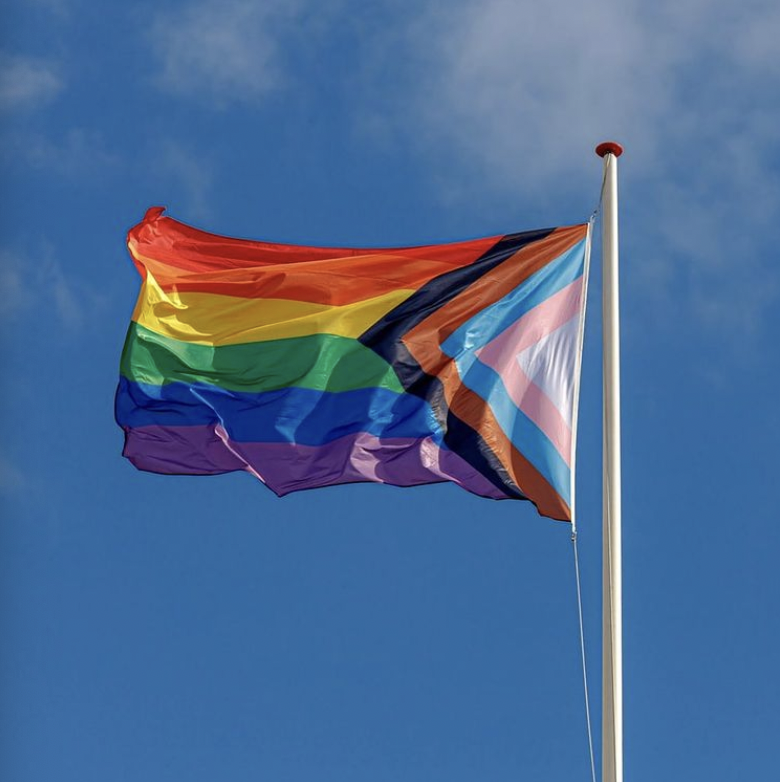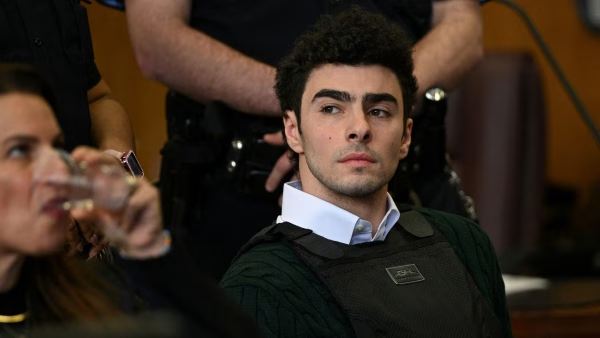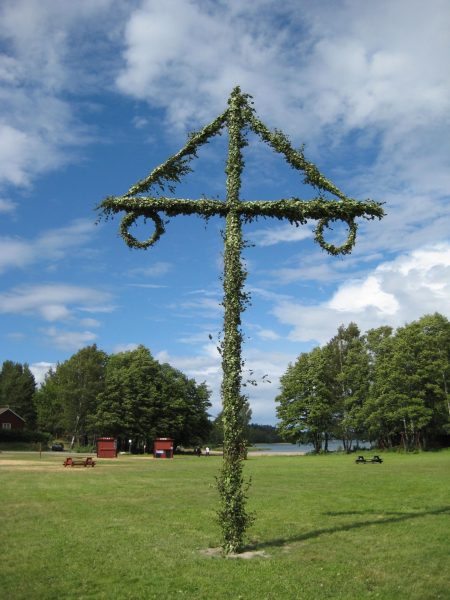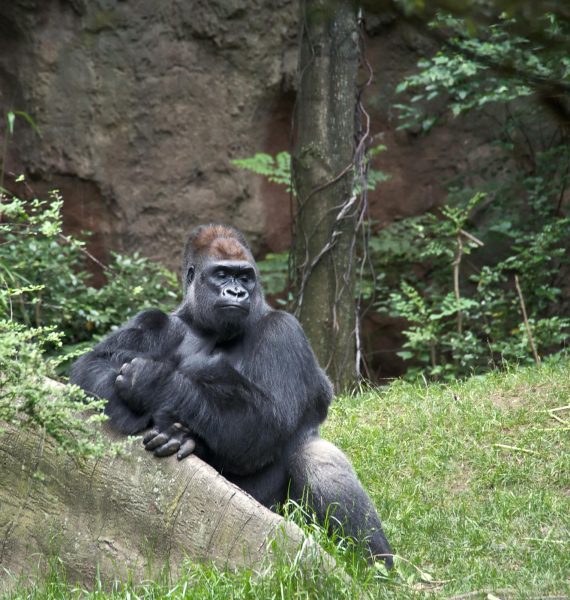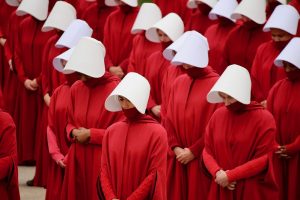Yeshiva University and its efforts to prevent LGBTQ+ groups from forming
September 19, 2022
Yeshiva University, a private orthodox Jewish college located in Manhattan, recently refused to recognize its LGBTQ+ student-led organization as they alleged it did not align with their religious values. The club, YU Pride Alliance, ultimately decided to take matters into its own hands and filed a lawsuit in a New York trial court. The lawsuit between Yeshiva University and the YU Pride Alliance climbed its way up to the Supreme Court, where the court maintained that Yeshiva was responsible for both recognizing the organization and allocating funds for it just as it would any other student-led group.
Though the current circumstance is very prevalent, it is not the first time that Yeshiva University has found itself in controversy with its LGBTQ+ students. In 1993, students from the Wurzweiler School of Social Work, a Yeshiva graduate school, initiated a gathering of LGBTQ+ students which created altercations between the organization and fellow students who deemed it unsavory for the meeting to occur. Yeshiva, in an official statement, upheld that they would allow the meeting to commence.
That same month, religious leaders of the university and students alike opposed the student production of “Lips Together, Teeth Apart,” a play by Terrance McNally, because it was allegedly too approving of the LGBTQ+ way of living. In this same circumstance, the posters promoting the production were vandalized with homophobic remarks.
This year, YU Pride Alliance initially claimed that Yeshiva’s noncompliance to officially recognize their organization was a violation of a New York human rights law that specifically states there is to be no LGBTQ+ discrimination in public areas, including universities. The court agreed and promptly instructed Yeshiva University to recognize the club. Although the New York appeals court rejected Yeshiva University’s notion to pause the trial indefinitely, Yeshiva was not content with the matter and consequently arrived at the case at the United States Supreme Court. The Supreme Court maintained the lower court’s ruling and in a 5-4 decision, denied Yeshiva’s request to block the judge’s ruling at the highest level court in the nation.
In the days following the Supreme Court’s decision, Yeshiva made the surprising choice to pause all of their student-led organizations entirely, likely as a way to prevent the LGBTQ+ organization from continuing. The university sent out an email, stating “the university will hold off on all undergraduate club activities while it immediately takes steps to follow the roadmap provided by the US Supreme Court to protect YU’s religious freedom.”
Yeshiva University also included a section of its website dedicated to the ordeal, with a range of frequently asked questions in relation to the subject matter. The institution maintains its position that they are “accepting of all” and that the only reason why they are choosing to go to severe lengths, is primarily due to its right to religious freedom. However, the implications of this seem to connote that Yeshiva University is, in fact, not accepting of its LGBTQ+ students.
Members of Pace University’s LGBTQA+ Center spoke about the ongoing situation, declaring that, “Any student should feel like they are welcomed, especially in a city like New York, no one should feel left out.”
However, when asked if they believed universities owe it to their students to create pride organizations regardless of the universities’ religious affiliation, they stated that “I would never advocate for prejudice and discrimination to occur, however, religious affiliation certainly creates complexities.”
When the rest of the country hears about New York, they inevitably connote our state with ideas of progressivism, especially in regard to gender and sexual orientation. The success of the Stonewall Riots in the efforts for LGBTQ+ rights ultimately solidified this idea, and New York eventually became the sixth state in the nation to legalize same-sex marriage.
As Yeshiva University’s story continues to unfold, the nation will be watching to see if a line has now been drawn.

